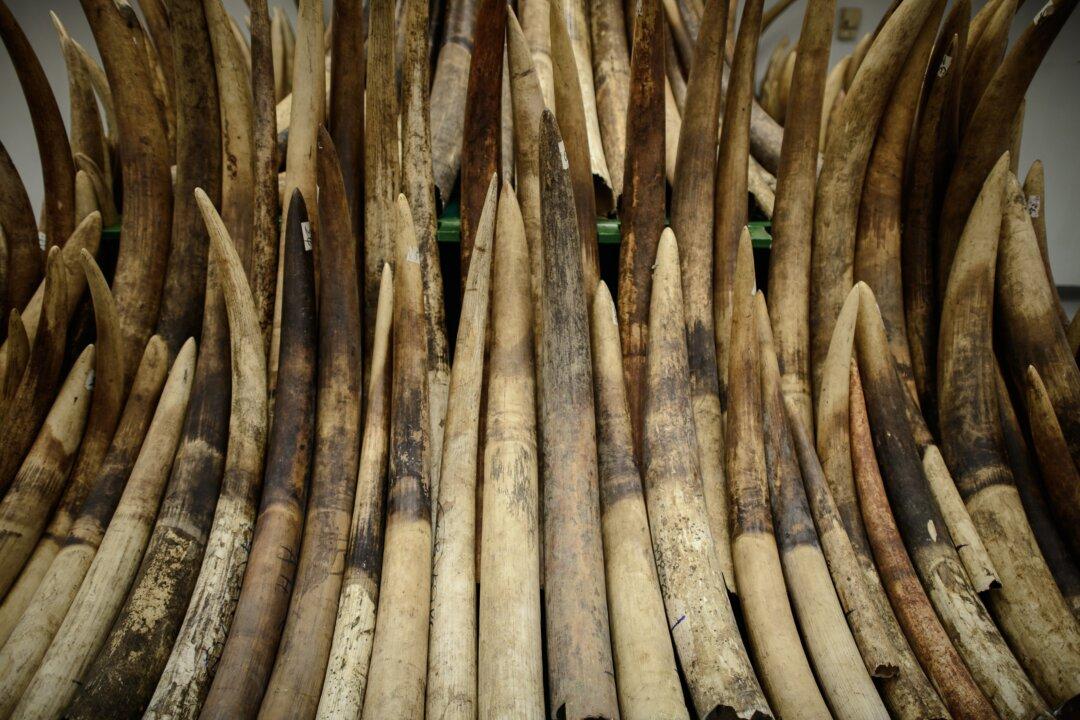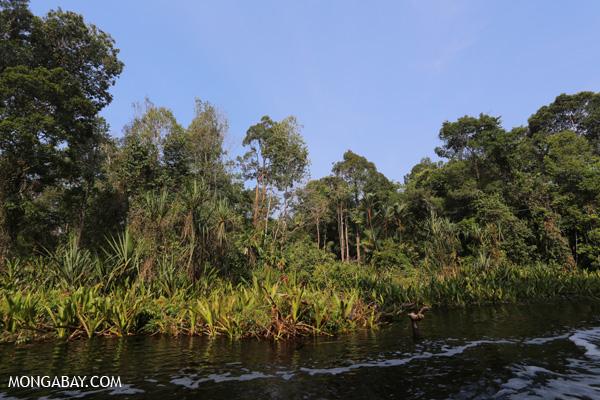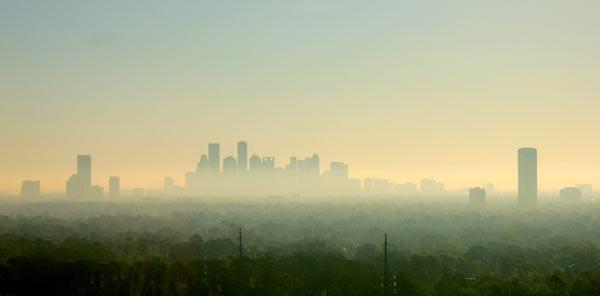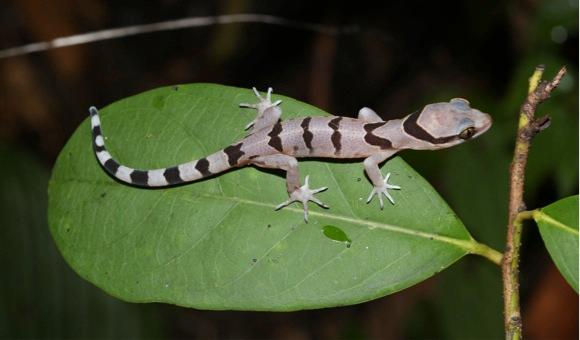It’s counter-intuitive, but crackdowns on poaching for ivory may in some ways be fueling the practice. While bans express an official disapproval of poaching, they often do little to deter it in practice.
Demand Grows Even as Bans Close In
Bans aren’t curbing demand. China, Japan, and Thailand have used and carved ivory for centuries, but the increased demand means that poachers are even targeting juvenile Asian elephants and females, though they have very shorter tusks than the males. It just means more deaths to make up the same volume of raw ivory.
Ever since the World Trade ban on illegal ivory trade in 1989, there has only been an increased demand in the markets for ivory goods. Ivory is made from the teeth of elephants and other animals, and for these already endangered species, increased pressure is pushing them to the brink of extinction. So who are the major buyers for the worlds ivory? China, Japan, Thailand, and most surprisingly the United States are the biggest buyers of ivory goods in the world. New York has recently banned the sale of ivory in the city, but it is still found in other places in the States. New Jersey only recently banned ivory sales also.
Rarity Makes a Thing Desirable, and Bans Strive to Create Rarity
An article from The Atlantic said that because the demand for elephant ivory is so high, a single elephant can be worth more than 10 times the average annual income in Africa. The article also pointed out that, until very recently, ivory was the only good option for the manufacture of certain goods, including piano keys. Ivory has always been a symbol of wealth and prestige, so by increasing regulation, control, and pushing the price so high, the demand for ivory might be even greater because it’s so hard to obtain. A recent essay from Elizabeth Bennett, the Vice President for Species Conservation at the Wildlife Conservation Society (WCS) points out that even with more regulation, there are always ways to sneak illegal ivory into legal market, so the markets need to be closed and all the stockpiles destroyed until new regulations can be put into place. Other experts say that ivory sales should be legalized but very carefully regulated so the demand for illegal ivory, and the pressure on the animals drops as demand is sated somewhat. But Elizabeth Bennett points out that there is always the problem of corruption, at every level.
Militias Strengthened by Poaching, Thwarting Efforts at Enforcing Ban
Poaching is usually funded by people with a lot of money, but it’s also been carried out by rebel militia for money to fund their violent coups. An article from the Men’s Journal said, “In late December 2011, some 100 Sudanese horseback poachers armed with AK-47s and grenade launchers crossed from Chad into Bouba N'Djida National Park in northeastern Cameroon. The raiders, possibly affiliated with Sudan’s murderous Janjaweed militia, easily overran the small unit of unarmed eco-guards, then hunted with impunity for months, killing one group of elephants after another. Families were herded together, then systematically shot. Calves died alongside mothers. In some cases, gunmen waited for elephants to return to mourn their dead–and then shot them, too. By April, some 400 of the park’s savanna elephants had been wiped out, the worst mass killing in modern history.” The same article says that the ivory business turns a profit of over $10 billion dollars annually, fourth profitable after drugs, human trafficking, and arms dealerships.
A New York Times article points out that ivory trade is huge business for organized crime syndicates and says that in 2011 more than 38.8 tons of ivory were seized that year alone, that equates to 4,000 dead elephants. The syndicates are run from Asia, but based in Africa, according to this article, and terrorists such as Joseph Kony run militia from ivory profits. The terrorists “buy time” from the local police officials and border guards to allow the illegal goods to be trafficked, and there are many trade routes. Only a few shipments of goods are ever inspected closely, so ports like Mombasa are a major avenue for the ivory trade.
There is no easy solution to the poaching problem, but without serious action, the forest elephants will soon be extinct, and other populations are soon to follow. The demand for ivory in China, Japan, and Thailand is incredibly high. An article from Mongabay.com says that sale of Thailand has tripled in the past 18 months, and the price for China has tripled in the past four years. Experts say that China is not moving fast enough to curb the illegal ivory trade within the country. Conservationists around the world agree, that this is unsustainable.Without action, there will soon be no elephants left in the world, only their bones will litter Africa...and their teeth will be on display.




